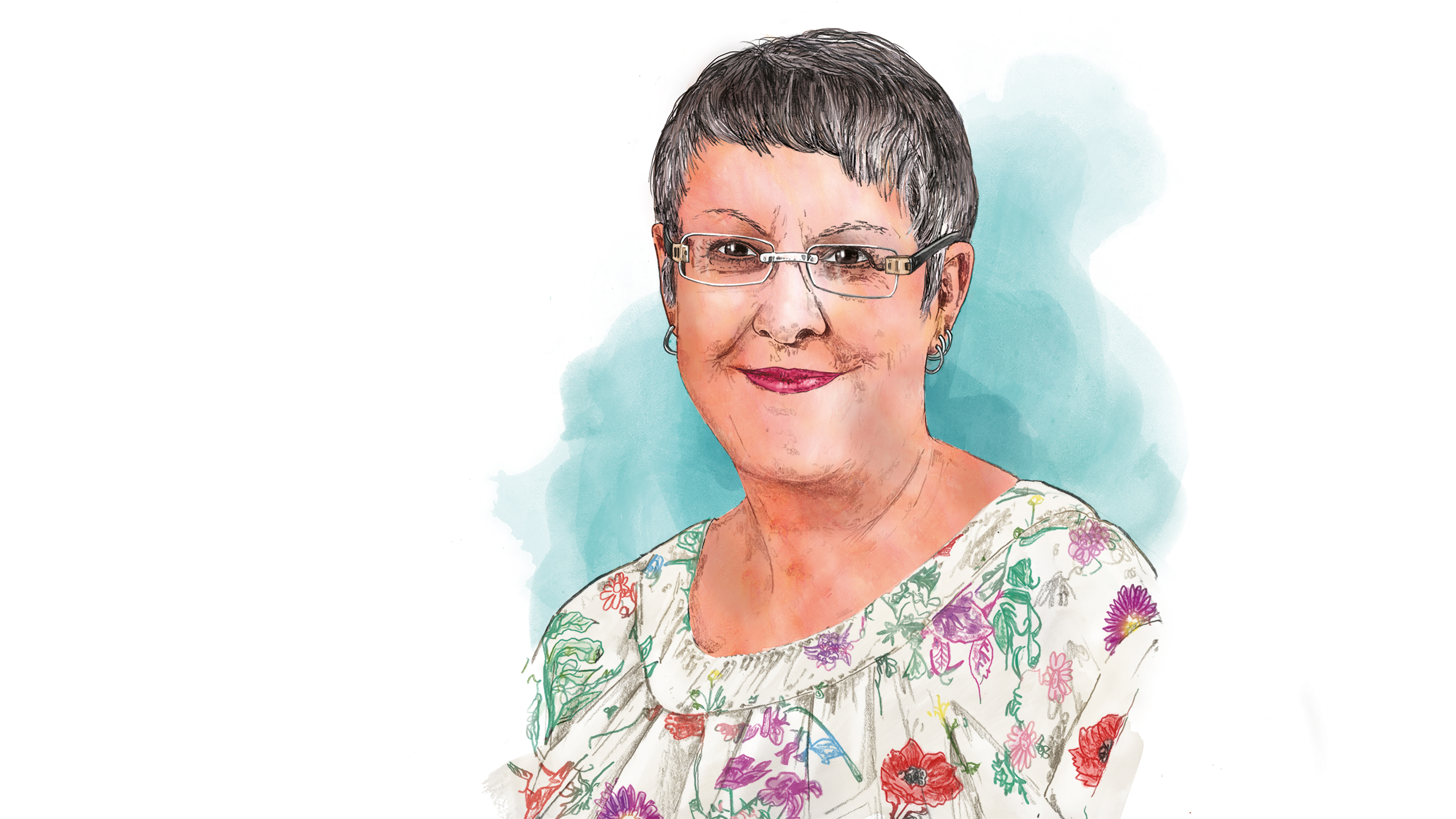
The ‘S’ in ESG is receiving much more attention from regulators, investors and companies alike. But all are grappling with the numerous challenges to measuring and quantifying social impact.
When it comes to environmental, social and governance (ESG) investing, the main emphasis has previously been on the ‘E’, with global efforts on developing environmental regulations, data standards and reporting frameworks.
However, the Covid-19 pandemic marked a sea change in the heightened importance of the ‘S’, or social, elements of sustainability, such as healthcare, education, financial inclusion, the gender pay gap, senior leadership diversity, supply chain management and many more.
Regulators and policy-makers are now turning their attention to the challenges to measuring and quantifying social factors, with some – including the EU and the US Securities and Exchange Commission – introducing disclosure requirements around human capital. Companies are working out how social dimensions can affect their financial performance and access to financing, while investors are looking at the effect on the valuation of businesses.
A panel at the recent Women’s World Banking’s Making Finance Work for Women Summit 2023 in Mumbai, entitled ‘The ‘S’ factor: shifting focus in ESG investments’, discussed the business imperative of prioritising social goals, particularly women’s financial inclusion and empowerment, and the importance of data, as well as practical advice on embedding and tracking social metrics in a company’s ESG strategy.
“In my experience, more gender-diverse teams and more women in senior leadership roles deliver better outcomes for the business and better investment returns,” said Seema Hingorani, strategic client and talent engagement lead, Morgan Stanley Investment Management.
Ms Hingorani is also the founder of Girls Who Invest, a non-profit organisation with the goal of increasing the number of women in portfolio management and executive leadership in the investment management industry. “When I made the pitch to our industry, with $90tn invested professionally, women managed less than 5% and the numbers don’t even show up for women of colour. That’s not good for anyone,” she said. “So, the pitch that I made about why they should have more women on their investment teams stressed the business benefits. That’s when people started paying more attention.”
She argued that there needs to be greater transparency on diversity metrics across the industry, even if the numbers currently don’t look very good. “[Companies] may be collecting data on the representation of women in senior leadership roles, mid-level and junior roles, but they don’t want to be transparent about it to their investor and client base because they think they will be penalised for it,” she said.
“Transparency is something that I am pushing at my organisation, in the market, as loud as I can, because it is a partnership with our investors,” Ms Hingorani continued. “We need to openly say that our numbers are not as good as they should be, but this is what we are doing to make them better and here are our targets for where we want to get to in terms of the representation of women. Then our partners can hold us to account.”
Charlie Bronks, head of ESG at Crown Agents Bank (CAB), which serves emerging and frontier markets, agrees that greater transparency is critical. Currently, the bank is going through B Corporation certification, which validates that a company is meeting the highest standards in performance, accountability and transparency with regards to social and environmental factors. It is an 18- to 24-month programme; after verification, the organisation needs to demonstrate annual improvements and recertify after three years.
“Thinking about the ‘S’ is about reverse engineering [your organisation],” said Ms Bronks. “And it’s uncomfortable sometimes because you have to look in the mirror and you might not like what you see. Attaining B Corp certification is a great path for continual self-improvement.”
Through the certification process, CAB has also started thinking about social impact metrics in the countries it operates. “CAB connects underserved organisations and individuals to the global financial system, through facilitating payments, aid flows and remittances. So, we evidenced that and broke it down into discreet metrics,” she explained. “For example, we looked at the impact of not doing what we do, which is a good way to start measuring.”
Ms Bronks added: “Data is critical to the conversation – and it’s a new muscle to flex [for many organisations]. The B Corp process has helped us to start tracking [specific activities] and create targets.”
Mary Ellen Iskenderian, president and CEO of Women’s World Banking, also commented on the importance of data and finding meaningful insights in the data that organisations are already collecting. “This is about establishing metrics that people can easily point to,” she added. “If you are tracking [specific social metrics], use that information you’re collecting. Don’t just report for reporting’s sake.”
Action points from the session included:
- if you have not started tracking social impact metrics, then start now;
- do not wait for the leadership team to act; take suggestions to them and anchor it in the company’s business objectives;
- make better use of the data you are already collecting.
Joy Macknight is editor of The Banker. Follow her on Twitter @joymacknight
Register to receive the Editor’s blog and in-depth coverage from the banking industry through the weekly e-newsletter.


